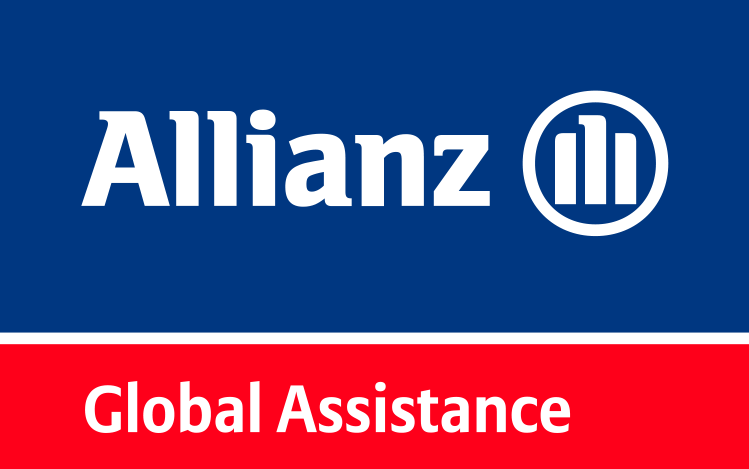According to the Canadian Gap Year Association, a gap year is typically an opportunity for experiential learning (work, travel and volunteerism); self-discovery (self-reflection, coaching, mentorship); and transferrable skill development (communication, organization, time management, problem-solving).
Although a gap year is typically taken after high school and prior to career or post-secondary education, a gap year can be taken anytime between life-changing events.*
Prince William did it. So did his wife, Kate, and his brother, Harry. Taking a gap year after high school, before starting college or university, is a rite of passage for many eighteen-year-olds around the world. Notably common in the United Kingdom, Australia and New Zealand, gap years are just beginning to catch on in Canada as well. You can stay in one place or travel around, go with friends or embark on a solo adventure. Some universities will even allow deferred admittance for a year to let students explore and mature during their gap year. Whichever way you do it, the point is to blaze your own trail and immerse yourself in a new culture.
Start with the basics—where, and how? There are lots of ways to do it. Some people choose to live at home and save up money for a few months, then embark on their gap year travel; others may go through an organized gap year program. The hardest part is deciding what you want to get out of your gap year and then figuring out how to make it happen. One thing is certain though, it’s not a way to postpone growing up. Gap year work is a critical component of the experience, so make sure that you plan a gap year program that fulfills some objectives.
One of the gap year benefits is independence. Everyone else is going to live in a college dormitory—you’re going to live in a bunkhouse on a sheep ranch in rural Australia. Don’t be afraid to take a chance: it can be difficult to do something that challenges you, but the rewards are immeasurable. And don’t get caught up in what everyone else is doing; taking a gap year is a big decision and if it is right for you, taking on a challenge will pay off. Because you’ll likely be travelling alone, you’ll want to keep an extra close eye on your things. When
purchasing travel insurance, make sure to include a
protection plan that includes coverage for lost or damaged baggage, as well lost or stolen items or government-issued documents. You must always
review your travel insurance policy and
understand what is covered and what is not. If you need further assistance, call your insurance provider to seek for clarification. However, take good care of your documents and personal valuables, as it’s easy to misplace or lose things when trekking from place to place and packing and unpacking along the way.
Once you have decided to undertake gap year travel, the big question is how to pay for it. Depending on what the plan is, where you are going and how much you are willing to work, there may even be an opportunity to save money to put towards education after your gap year. Some banks will lend to students for their gap year or consider going through a pre-established gap year program that helps with budgeting and funding travel. This process will help you to gain a new perspective on the ‘real world’. So, if you choose to go it alone, make sure you spend some time budgeting and planning how you will pay for your gap year. Parents and grandparents may also help with “in-kind” contributions such as offering up travel points, paying for a long-distance mobile phone plan, or arranging for short-term vehicle rentals to help support the gap year experience.
One of the most important things to think about with a gap year is not just making sure you can pay for it, but making sure there are no major unexpected expenses during, or afterwards. An unexpected hospital visit, lost luggage, and travel interruptions are all costly things. Get a travel insurance quote online and should you have any questions on how to extend Emergency Medical and Cancellation Insurance or if an annual multi-trip insurance package is better suited for your adventure, don’t hesitate to call us at 1-844-310-1578. Whatever path you choose, travel insurance will ensure peace of mind as you find your way.
Important: To qualify for emergency medical coverage while away on your gap year, you must have a valid Government Health Insurance Plan (GHIP) throughout the entire period you are away.
Travel insurance is underwritten by CUMIS General Insurance Company, a member of The Co-operators Group of Companies, administered by Allianz Global Assistance, which is a registered business name of AZGA Service Canada Inc.

